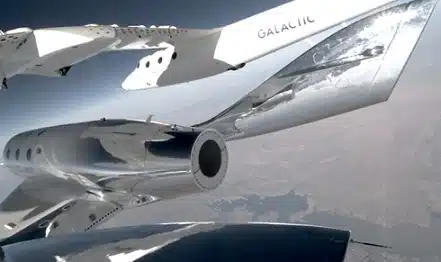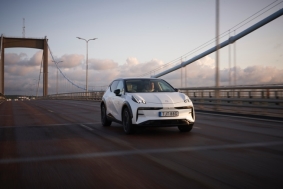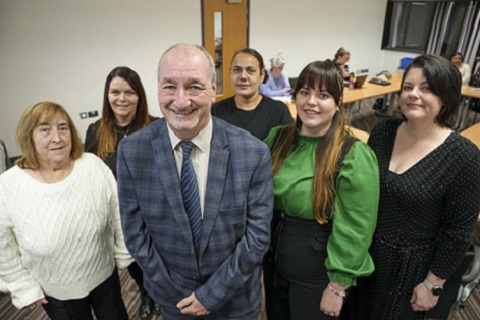For some, mainly those with excessive discretionary funds, normal travel experiences are ho-hum. That’s where space tourism steps in.
With a space flight for tourists costing on average between a quarter of a million to a half million dollars (US$150,000 – US$500,000) per person, there is only that upper 2% of the population that can afford a trip into outer space. All the prepping before the actual trip including orientation and suiting up, will last much longer than the actual 15 minutes or so onboard the spacecraft to get from Earth to the edge of outer space and back.
Like my father always used to say, half of the fun of a vacation is the planning for it. And for those with even deeper pockets, which shockingly may make a difference in that upper echelon of rich people, one could dish out US$50 million for a seat on a space vehicle that would actually orbit the Earth. With travel costs in these price ranges, reaching that tiny percentage of human beings in the world is not a problem. The revenue speaks for itself.
In the Parabolic Flight Tourism Global Market Report 2023, this niche market is anticipated to grow by 6.5 billion dollars in one year. In 2022, space tourism brought in close to $19 billion. In 2023, it is estimated to reach close to $25.5 billion. Going beyond that, as one like to do in outer space, by 2027, the market will likely reach close to $87 billion. That’s a compound annual growth rate (CAGR) of nearly 36%.
These are not two different types of tourism. Parabolic simply means a flight that creates gravity-free conditions in an aircraft by alternating upward and downward arcs interspersed with level flight. This feat is accomplished on the edge of outer space. So parabolic or space tourism – it’s the same thing. Let’s stick with how most people think of it – space travel.
The major companies in space travel these days include Virgin Galactic, SpaceX, Blue Origin, Airbus Group SE, Zero Gravity Corporation, Space Adventures, Spaceflight Inc., Orion Span, XCOR Aerospace, as well as Beings Systems, ASTRAX, Vegitel, Novespace, and MiGFlug GmbH. As if flying into outer space isn’t adventurous enough, space tourism is branching out into other areas of what can be done on the fringe of the atmosphere.
In June 2022, Zero-G, an American company that operates weightless flights, announced plans to introduce a new business line involving offering in-flight studio recording for musicians. In order to do so, the company must be able to cover the aircraft with a new material that will create a superior sound while offering heat protection for this truly out of the world recording session.
From the USA to Mauritius, from Russia to China, Japan and South Korea, Germany and France, the UK and Australia, Brazil, Indonesia, and India, and to coin a phrase from Buzz Lightyear from the 1995 movie Toy Story, “to infinity and beyond,” space tourism is adventure tourism at its perhaps most adventuresome.
With interest in space tourism on the rise and more companies investing in this market, the possibilities of spinoffs in the sector are just beginning. Perhaps a trip to the moon will be possible one day. Or for the more Earth bound, witnessing a rocket launch might be worth the price of admission.
One thing is for sure, space tourism is literally taking off.












